by Mike Haskew
General George McClellan was a key figure in the prosecution of the American Civil War, particularly during 1862, when he led the Union Army of the Potomac during the Peninsula Campaign, a failed offensive to capture the Confederate capital of Richmond in the spring, and the Battle of Antietam, the bloodiest single day in American history, on September 17, 1862.
[text_ad]
McClellan, nicknamed “Little Mac,” is remembered as a superb organizer capable of inspiring his troops, training a large army, and preparing the force for prosecuting an offensive campaign. However, historians have criticized his lack of drive in the field. Such criticism is particularly notable during the Peninsula Campaign, which began on March 17, 1862, and involved the movement of more than 120,000 soldiers to positions southeast of Richmond, poised to strike at the Confederate capital.
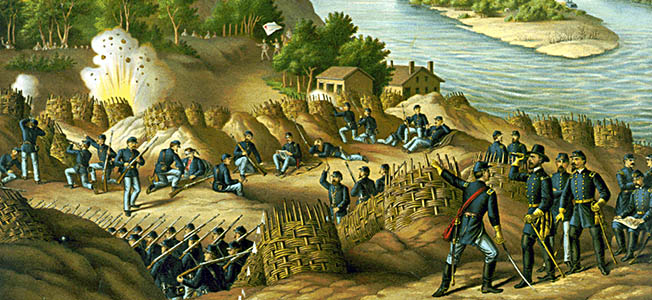

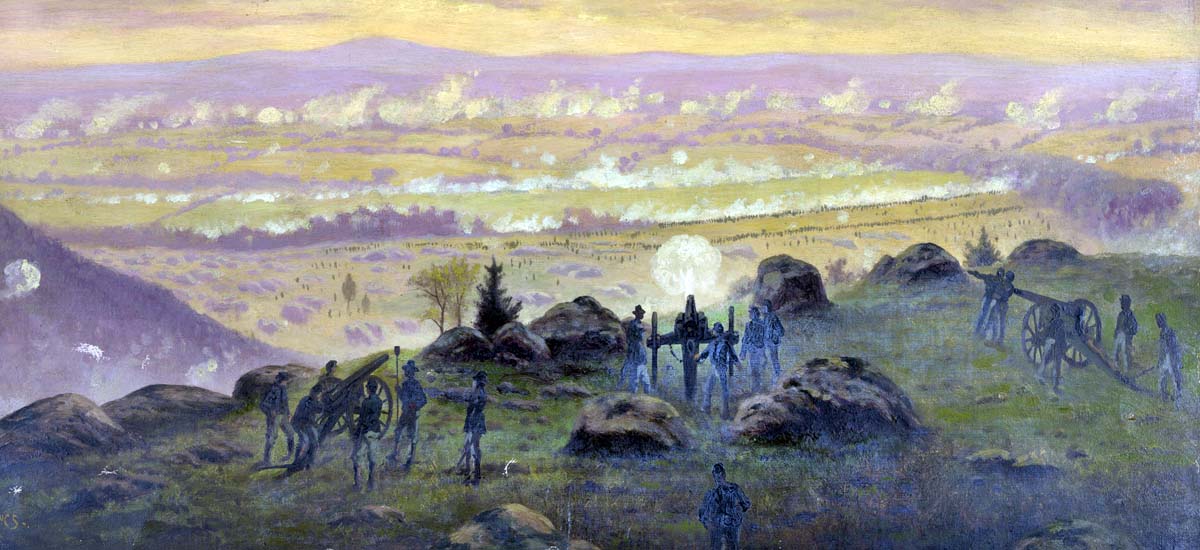
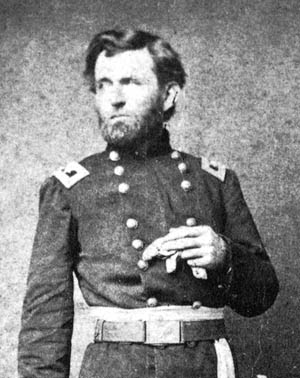
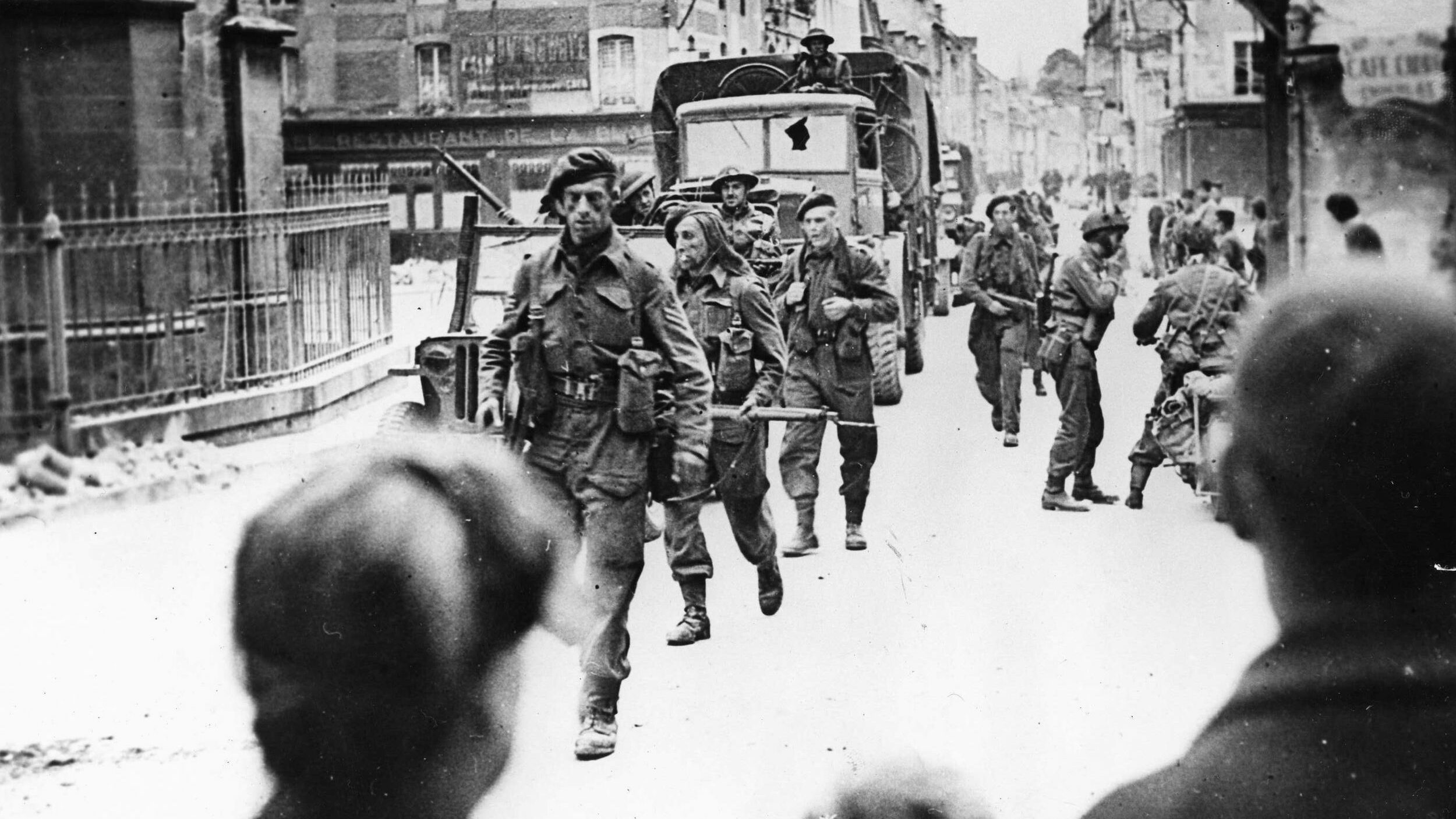
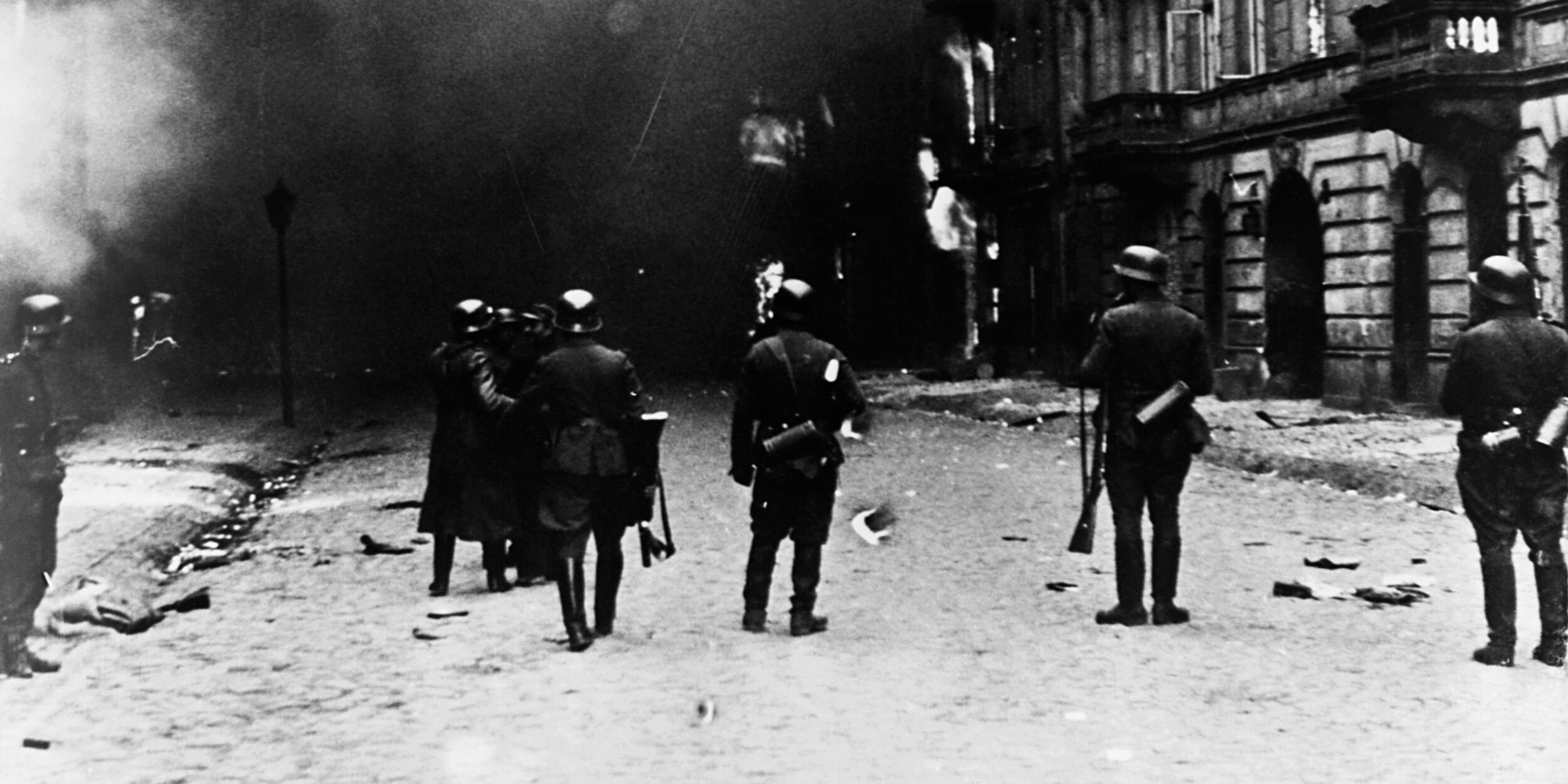
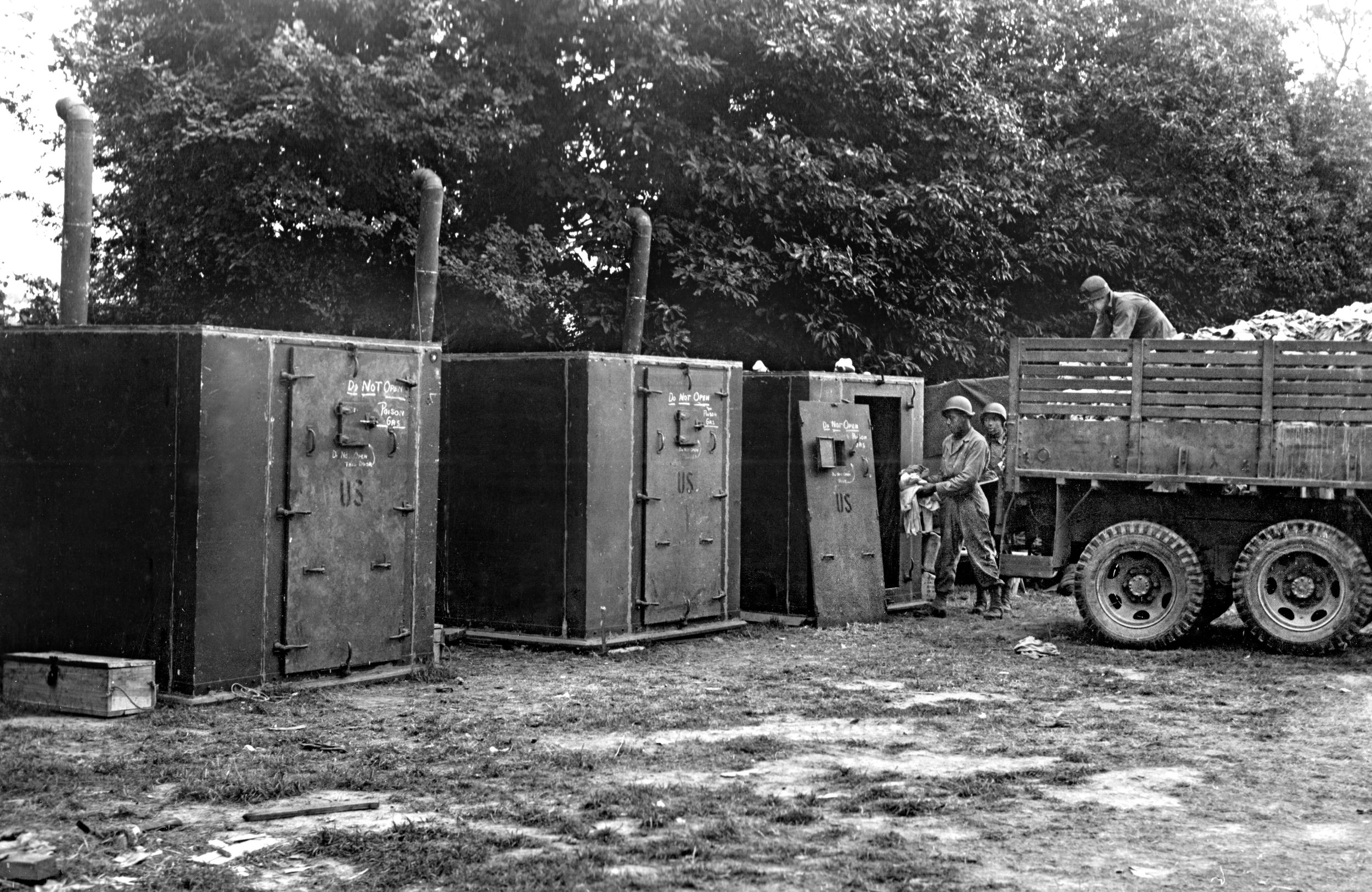

Join The Conversation
Comments